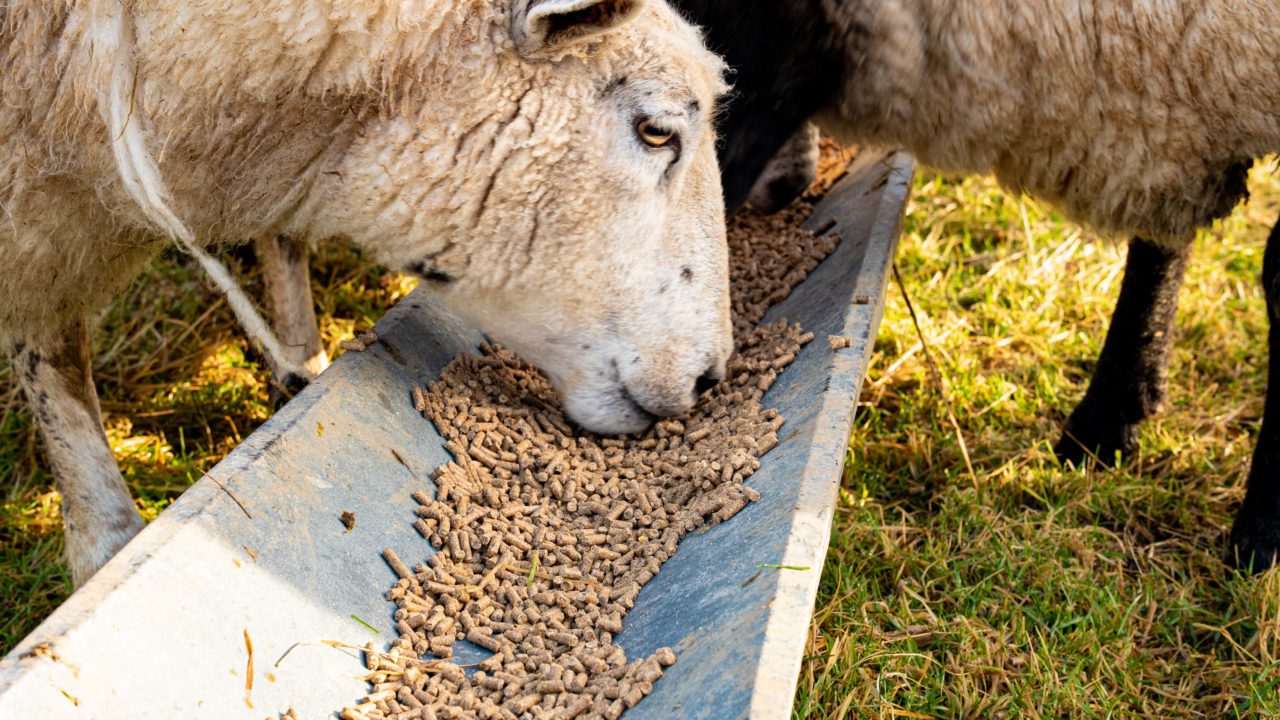Over 16,000 farmers have already applied to the Sheep Improvement Scheme which will close for applications at midnight today (Monday, January 9), Minister for Agriculture, Food and the Marine, Charlie McConalogue has said.
The €20 million scheme replaces the Sheep Welfare Scheme (SWS) under the new Common Agricultural Policy (CAP) on Wednesday, February 1, 2023 and will run until December 31, 2023.
Farmers can find further details, including the terms and conditions and a guide on how to apply on the Department of Agriculture, Food and the Marine’s (DAFM’s) website.
From 2024, the scheme year will coincide with the calendar year, which will make the administration of the scheme more straightforward for farmers, advisors and the DAFM.
“I am pleased to hear that sheep farmers are applying to participate in the new Sheep Improvement Scheme, with over 16,000 farmers having already applied.
“The Sheep Improvement Scheme is an important support to sheep farmers, and I would urge all eligible applicants to apply before [today’s] deadline,” Minister McConalogue said.
Sheep Improvement Scheme
The DAFM will write those farmers who have selected the scanning action and give them an opportunity to change their actions for 2023, if they wish.
Farmers can also select the genotyped ram action in 2023, which would replace the scanning action in that year, the DAFM said.
Payments under the scheme will be at a rate of €12 per eligible breeding ewe, which is an increase from the €10 per eligible breeding ewe under the SWS.
The €12/head payment will be broken down as follows:
- Payment for a Category A action: €7.00;
- Payment for a Category B action: €5.00.
In order for farmers to quality for the scheme, they must:
- Submit a Basic Income Support for Sustainability (BISS) application for each year of scheme participation;
- Submit a sheep census return for each year during the lifetime of the scheme – an exception is made for new entrants in year of entry;
- Have an active herd number – or be a new entrant – and keep breeding ewes;
- Maintain the required number of breeding ewes during the scheme.
